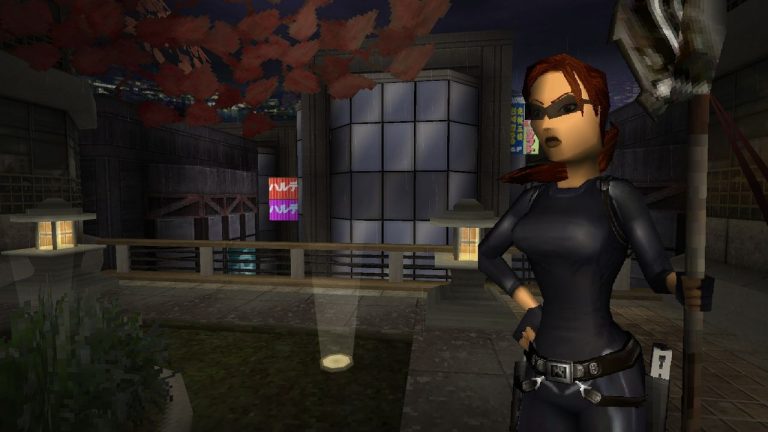Intel’s brand new Arc B580 graphics card looks very promising for budget gaming. But it turns out that Intel has already designed the generation of GPUs that will follow. What’s more, Intel’s engineers are currently designing the generation after that.
So says Intel’s lead gaming graphics spokesperson, Tom Petersen. Speaking to the Full Nerd podcast, Petersen said, “Our architects are way ahead of us. They’re already working on the next thing after the next thing.”
Intel has previously revealed a graphics roadmap that began with the Alchemist architecture in the Arc A770 and its sister A-series graphics cards. With the B580 and B570, we have the first GPUs from the second-gen Battlemage architecture. After that, Intel’s public roadmaps have discussed a Celestial architecture, followed by Druid.
According to Petersen, the architecture known as Celestial is based on IP known as Xe3, or third-generation Xe graphics. And that’s already done and dusted.
“Our IP called Xe3, that’s pretty much baked. The software teams have a lot of work to do on Xe3, the hardware teams are off onto the next thing,” he says, the next thing presumably being Xe4 and Druid.
That Intel works on several forward generations of technologies is not a huge surprise. But it’s certainly interesting to hear Intel talking about its ongoing gaming graphics development.
What with the recent and sudden “retirement” of CEO Pat Gelsinger, not to mention what appears to be the relative failure in market terms of the first-generation Arc graphics cards, it’s certainly reasonable to query whether Intel is fully committed to competing in the PC gaming graphics segment.
Going by this interview, it would appear that Intel is all engines ahead on Arc graphics. But there’s also no doubt Intel is in flux following CEO Pat Gelsinger’s departure and likewise, no guarantee whoever is appointed the new CEO of the company will remain committed to Arc.
Whoever that turns out to be, our message to them is to stick with Arc. The second-gen Battlemage boards look awfully good on paper if you’re after a cheap gaming GPU. And we’d love to see what Intel might achieve with a couple more generations of GPUs. Goodness knows the graphics card market could do with some stiffer competition for the all-conquering Nvidia.
Best CPU for gaming: Top chips from Intel and AMD.
Best gaming motherboard: The right boards.
Best graphics card: Your perfect pixel-pusher awaits.
Best SSD for gaming: Get into the game first.












